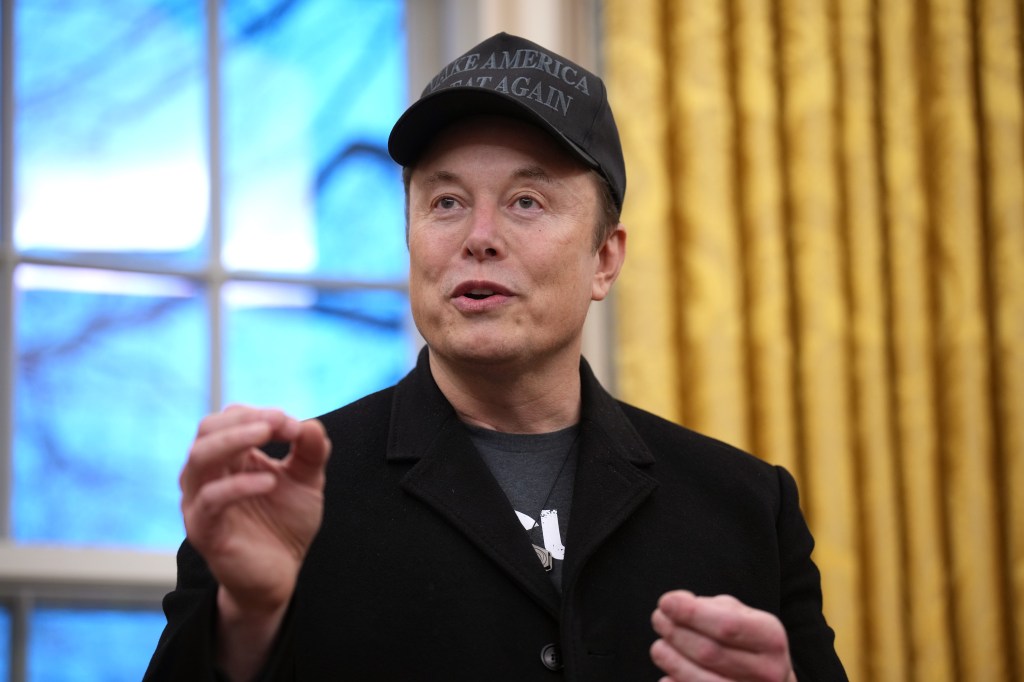Debate Sparks Over Former President Trump’s Proposed $5,000 DOGE Checks
Former President Trump entertained the concept of distributing $5,000 stimulus checks powered by the monetary savings of the Department of Government Efficiency (DOGE). This proposition, however, demands Congressional endorsement and the actual savings amassed by DOGE is up for debate. The proposed checks are intended for taxpayers with a net income, thereby excluding numerous lower-income households. The alleged savings of DOGE falls drastically short of initial estimates, thereby affecting the potential amounts offered by the checks.
In the month of February, former President Trump disclosed his contemplation regarding a plan aimed at bestowing American taxpayers with $5,000 stimulus checks. These checks would be funded by the considerable savings spotted by the business magnate, Elon Musk’s Department of Government Efficiency (DOGE). Yet, an official plan for the payout, along with its scheduled date, still lies shrouded in ambiguity. The decision concerning these checks must be sanctioned by Congress which, up until now, has been rather lukewarm towards the concept.
There have been a bewildering amount of questions raised regarding the measure of the savings amassed by DOGE. This idea was initially put forth by the CEO of Azoria Investment firm. The CEO proposed that Trump and Musk should publicize a ‘DOGE Dividend’, this dividend would be a sum deducted from the money saved due to the cutbacks in government mismanagement and workforce. The underlying rationale was that this money was originally a part of the American taxpayers’ earnings.
An elaborate proposal regarding the functioning of this plan was submitted, it projected a timeline which extended beyond the expiry of DOGE in July 2026. DOGE has been responsible for the deconstruction of entire federal institutions, termination of governmental contracts, and dismissal of thousands of federal employees. This resulted in several agencies grappling with the continuation of their operations.
The next looming question is regarding the eligibility criteria of the $5,000 DOGE stimulus check. The prospective refund is primarily intended for households that are net-income taxpayers. This denotes that the households which end up paying more taxes than they receive would be entitled to the refund. As per the Pew Research Center’s statistics, a significant proportion of Americans with an adjusted gross income falling under $40,000 essentially don’t pay any federal income tax. As a result, these households would be ineligible.
The magnitude of the DOGE stimulus checks is another cause for contemplation. If DOGE reaches its initial target of reducing $2 trillion from government expenditure by 2026, the plan was to allot $5,000 for each household. This amount is calculated as 20% of savings divided by the count of eligible households. However, if DOGE fails to reach its goal, the allocated amount would need to be recalibrated accordingly.
However, Musk had initially hoped for a saving of $2 trillion in federal expenditure during the campaign stage. This target, unfortunately, was later reduced to $1 trillion and then further dropped down to $150 billion recently.
As for the question of DOGE’s savings thus far? The answer varies greatly depending on who you ask. As claimed on its official website, DOGE purportedly has successfully accrued an estimated saving of $175 billion. However, this claim has been scrutinized and found to be overstated in many instances.
Numerous initiatives proposed by DOGE, aimed at reducing agency workforces, have been legally challenged. Accusations have also flown around about DOGE taking credit for contracts that were discontinued prior to its creation. Additionally, DOGE has not taken into account the funds that the government is obligated to pay, regardless of whether or not a contract is canceled.
Some of the proposed changes could potentially lead to taxpayers having to pay more. For example, proposed reductions to the Internal Revenue Service (IRS) could cause less tax revenue to be generated. Consequently, this might result in a net cost approximating to about $6.8 billion.
Over the forthcoming decade, if staffing at the IRS remains subdued, the cumulative cost in terms of uncollected taxes might soar to $159 billion. This is according to an estimation provided by the nonpartisan Budget Lab at Yale University.
The crux of this matter lies in whether or not DOGE can save enough to fund these proposed checks. It is a complex issue with many factors playing a part, not least the future actions of DOGE and its actual effectiveness at reducing government wastage.
The ‘DOGE Dividend’ proposal has sparked debate and generated interests across political and social spectrums. While the idea is appealing in its direct return of tax money to the people, critics argue that we must tackle these issues patiently and meticulously.
It is vital to remember that an immediate cash injection may not always produce long-term benefits, at least not without a strategy for sustained savings and growth. However, the discussions and various viewpoints that have sprung up around this matter, have effectively highlighted the need for efficiency within governmental departments.
Eventually, the outcome will rely heavily on the Congressional decision, effective operation, and substantial savings by DOGE, as well as the broader economic condition. This situation stands as a perfect testament to the uneasy balancing act that government and policymakers must strive to achieve.

